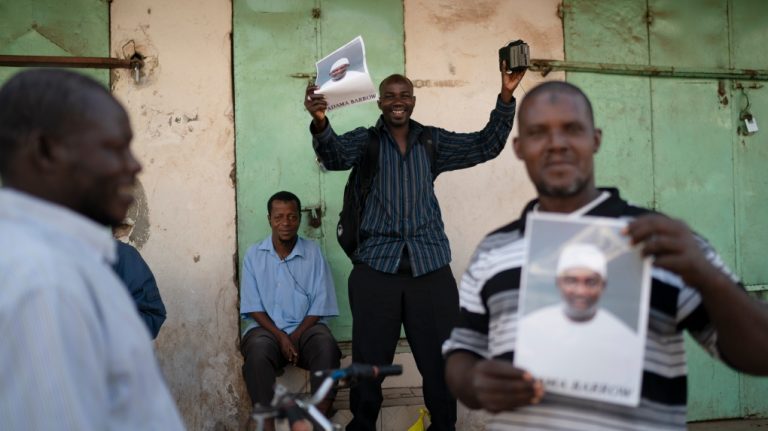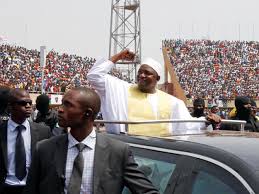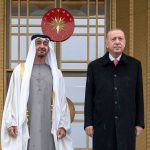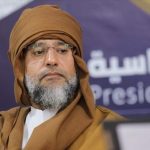Gambian President may face a legal challenge from opposition candidates who rejected the results of elections to bid for a position in a new government and guarantee the security of ousted dictator Jammeh. The situation could lead to protests, especially after Barrow himself has already gone back on a promise to remain in power for only three years, and has weakened rhetoric about prosecutions for crimes committed under Jammeh.
Gambia’s Independent Electoral Commission declared incumbent President Adama Barrow the winner of the presidential election late on Sunday December 5, 2021, with 53 percent of the vote. Earlier, three Gambia presidential candidates rejected the election results after all but three constituency results were called.
United Democratic Party (UDP) chair and candidate Ousainou Darboe and two other candidates, Gambia Democratic Congress (GDC) candidate Mama Kandeh and independent candidate, a defense counsel at the International Criminal Court (ICC) Essa Mbye Faal, said they would not accept the results because the results took longer than expected and because of problems at polling stations.
They cited an inordinate delay in transmitting the result, as political party agents at polling centers and the Independent Electoral Commission had issue with some of the counts and refused to endorse the results.
Ousainou Darboe copied a step, he made in September 1996 when he rejected the results of the country’s presidential election, won by Yahya Jammeh.
Opposition candidates will obviously take advantage of Jammeh’s support to make arrangements with Barrow as for who will form the government and how to suspend the investigation, and more importantly, prosecution of those responsible for political repression under Jammeh.
Barrow is seeking re-election.The transitional president, who had said he would step down after three years and not run again, made a surprise announcement when his new NPP party said he was joining forces with former dictator Yahya Jammeh’s Alliance for Patriotic Reorientation and Construction (APRC) party. There are questions on whether Barrow should be allowed to run at all.
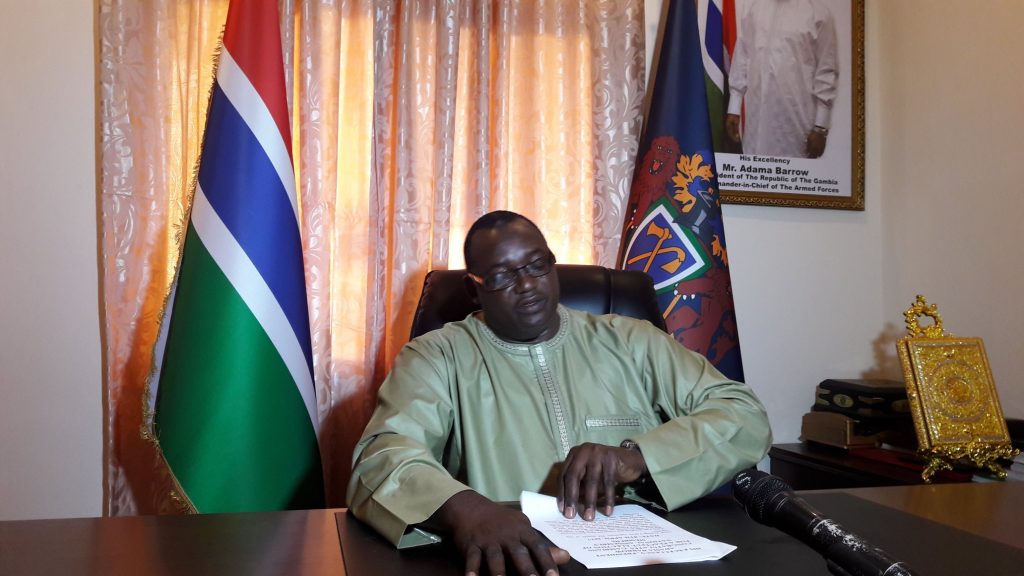
estions
According to RLI, new APRC-NPP pact is Gambian President Barrow’s desperate move to win the second term. The party-to-party agreement is supposed to help the incumbent president’s desire to win support of the Diola ethnic group, electorate of ex-president Jammeh and his APRC party.
So, former dictator Jammeh is not entirely out of the picture. Despite being in exile, he still retains significant political support among some Gambians, and his shadow could yet destabilise the country’s democratic transition. Jammeh is living in exile in Equatorial Guinea after he declined to accept an election loss to Barrow in 2016. Jammeh who still enjoys support in rural areas, has endorsed Gambia Democratic Congress (GDC) candidate Mama Kandeh, a former deputy of Jammeh’s ruling party until he formed the GDC.
In the run-up to the election, Jammeh had tried to persuade supporters to vote for an opposition coalition in telephoned speeches that were relayed to campaign rallies.


